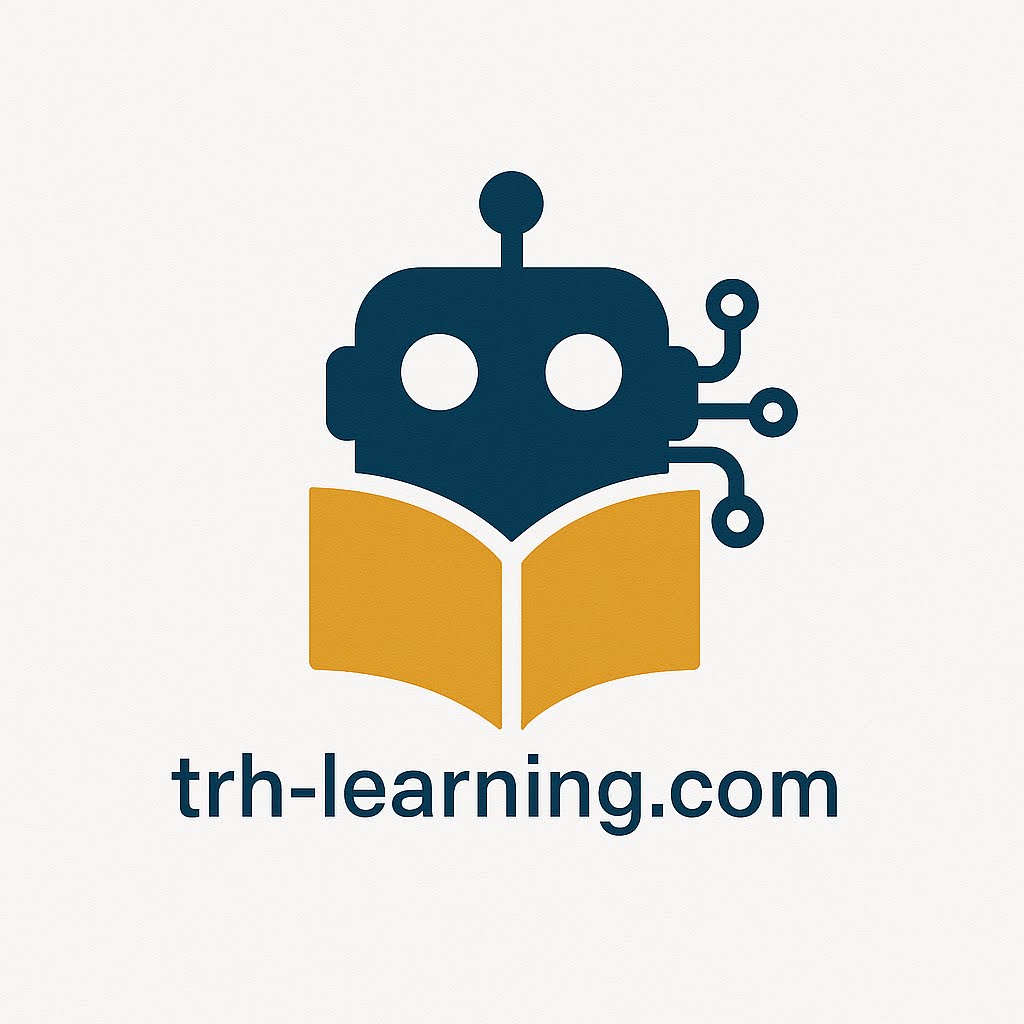"The Impact of Modern Technology on GCSE Education: Trends and...
Trends and Innovations to Watch
The Role of Technology in GCSE Education
Modern technology has significantly transformed the landscape of GCSE education, offering new tools and methods for both teaching and learning. This evolution is driven by the need to enhance educational outcomes and prepare students for a technology-driven world.
Key Technological Trends in GCSE Education
- Online Learning Platforms: Platforms like Google Classroom and Microsoft Teams have become integral, providing students with access to resources and assignments remotely.
- Interactive Learning Tools: Tools such as interactive whiteboards and educational apps engage students more effectively, making learning more dynamic and participatory.
- Artificial Intelligence: AI is being used to personalize learning experiences, offering tailored content and feedback to students based on their individual needs.
Innovations to Watch
As technology continues to evolve, several innovations are poised to further impact GCSE education:

- Virtual Reality (VR): VR can create immersive learning environments, allowing students to explore complex subjects in a more engaging way.
- Augmented Reality (AR): AR applications can overlay digital information onto the real world, enhancing the learning experience in subjects like science and history.
- Blockchain Technology: This technology could revolutionize the way educational credentials are stored and verified, ensuring greater security and transparency.
Challenges and Considerations
While technology offers numerous benefits, it also presents challenges such as ensuring equitable access for all students and maintaining data privacy. Educators and policymakers must address these issues to maximize the positive impact of technology in education.
Conclusion
The integration of modern technology in GCSE education is an ongoing process that promises to enhance learning experiences and outcomes. By staying informed about emerging trends and innovations, educators can better prepare students for future challenges.
Browse Categories 📚
Ready to boost your learning? Explore our comprehensive resources above, or visit TRH Learning to start your personalized study journey today!